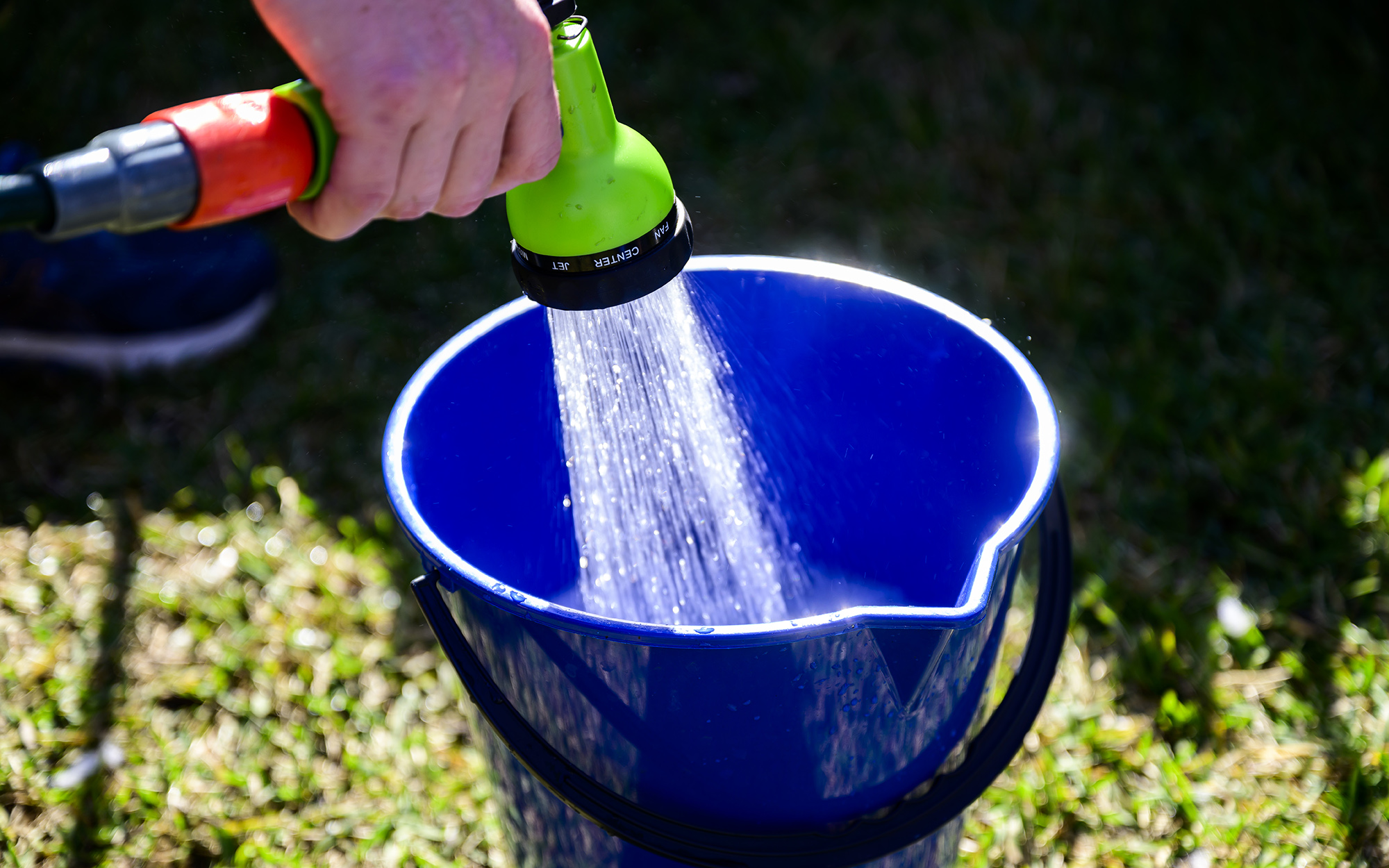
Water Efficient Appliances: A Tech-Savvy Guide for 2025
Share
In an era where sustainability and technology are at the forefront of innovation, water efficient appliances have become a cornerstone for eco-conscious consumers. With climate change posing significant risks to our planet, conserving water is not just a choice but a necessity. Tech professionals and enthusiasts are increasingly looking towards smart solutions that not only save water but also enhance the overall efficiency of their homes. In this article, we delve into the importance of these appliances and how they are shaping the future of household technology.
Water efficient appliances are designed to minimize water usage without compromising on performance. From dishwashers to washing machines, and toilets to showerheads, these appliances are engineered to reduce water consumption dramatically. For tech enthusiasts, this represents an opportunity to integrate cutting-edge technology with environmental responsibility. As we explore the various types of water-efficient appliances available today, you'll discover how these innovations can lead to significant water savings, making them an essential addition to any smart home.

Why Water Efficiency Matters
Water scarcity is a growing concern worldwide. According to the United Nations, nearly 1.2 billion people live in areas of physical water scarcity, and this number is expected to rise. For tech professionals, this presents both a challenge and an opportunity. By investing in eco-friendly solutions, we can help mitigate these issues while also paving the way for more sustainable living. Water efficient appliances play a crucial role in reducing household water use, allowing consumers to conserve this precious resource while still enjoying modern conveniences.
Smart Technology Integration
The advent of smart technology has revolutionized how we interact with our homes. From programmable thermostats to automated lighting systems, smart technology is now extending its reach to water conservation. Water efficient appliances equipped with IoT sensors and connectivity features allow users to monitor and control their water usage in real-time. For instance, smart washing machines can adjust water levels based on load size, ensuring optimal efficiency. Similarly, smart irrigation systems can schedule watering times based on weather forecasts, significantly reducing waste.
Types of Water Efficient Appliances
Let's explore some of the most popular water efficient appliances and how they contribute to conservation efforts:
1. High-Efficiency Washing Machines: These machines use advanced technology to determine the exact amount of water needed for each load, reducing water usage by up to 50% compared to traditional models.
2. Low-Flow Showerheads: Designed to maintain water pressure while using less water, low-flow showerheads can save a family of four up to 40,000 gallons of water per year.
3. Dual-Flush Toilets: By offering two flushing options, these toilets allow users to choose a lower water volume flush for liquid waste, significantly reducing water use. For more insights, check out the environmental benefits of dual-flush toilets.
4. Smart Dishwashers: Equipped with sensors that detect the level of dirt in the water, these dishwashers adjust their cycles to minimize water use while ensuring dishes are perfectly clean.
The Impact of Water Efficient Appliances on the Environment
By incorporating water efficient appliances into our homes, we can significantly reduce our environmental footprint. These appliances not only conserve water but also reduce energy consumption. For instance, less water usage means less energy required to heat the water, leading to lower utility bills and reduced greenhouse gas emissions.
Moreover, the widespread adoption of these appliances can lead to substantial water savings on a larger scale. According to a report by the Environmental Protection Agency, if every home in the United States installed water efficient appliances, the country could save over 3 trillion gallons of water annually. This highlights the potential for these technologies to make a meaningful impact on global water conservation efforts.
Challenges and Considerations
Despite the clear benefits, there are challenges associated with the adoption of water efficient appliances. Cost remains a significant barrier for many consumers, as these appliances often come with a higher upfront price tag. However, it's important to consider the long-term savings in water and energy bills, which can offset the initial investment.
Additionally, tech professionals and enthusiasts must stay informed about the latest innovations and ensure they choose appliances that meet their specific needs. As technology continues to evolve, new features and capabilities are constantly being introduced, making it essential to stay up-to-date with the latest trends.
The Future of Water Efficient Appliances
Looking ahead, the future of water efficient appliances is promising. As technology advances, we can expect even more sophisticated solutions that further integrate with smart home ecosystems. For example, future appliances may utilize artificial intelligence to optimize water usage, learning from user habits and adjusting settings accordingly.
Furthermore, as awareness of water conservation continues to grow, manufacturers are likely to increase their focus on sustainable design, using eco-friendly materials and production processes. This shift will not only benefit consumers but also contribute to broader environmental goals.
Conclusion
In conclusion, water efficient appliances represent a vital component of modern, sustainable living. For tech professionals and enthusiasts, these appliances offer an exciting opportunity to embrace cutting-edge technology while making a positive impact on the environment. By investing in these solutions, we can reduce our water consumption, lower our utility bills, and contribute to a more sustainable future.

FAQs
1. How do water efficient appliances save water?
Water efficient appliances use advanced technology to minimize water usage while maintaining performance. For example, high-efficiency washing machines adjust water levels based on load size, and smart dishwashers optimize cycles to use the least amount of water necessary.
2. Are water efficient appliances worth the investment?
Yes, while these appliances may have a higher upfront cost, the long-term savings on water and energy bills can make them a worthwhile investment. Additionally, they contribute to environmental conservation efforts.
3. How can I learn more about water conservation?
For more information on water conservation, you can visit resources like the Wildlife Trusts website, which provides valuable insights and tips on how to conserve water effectively.
